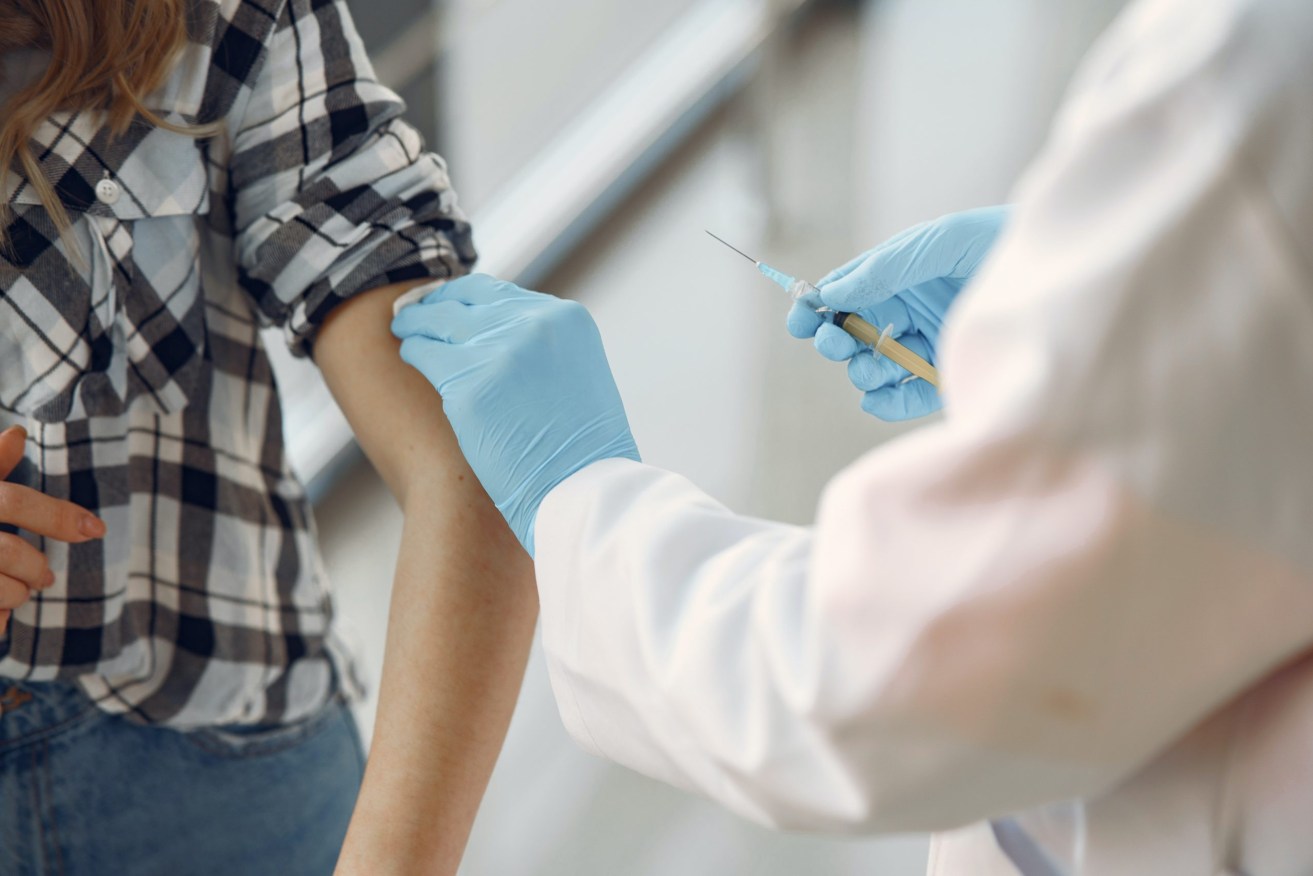Call to boost Aboriginal COVID vaccination in SA
The Aboriginal Health Council of SA has called on the Federal Government to start supplying the Pfizer vaccine to Aboriginal community-controlled health clinics, following warnings the COVID-19 vaccine rollout has come to a “grinding halt” in some remote areas.

Photo: Pexels
Doctors from the health council say people aged under 50 who rely on Aboriginal community-controlled health organisations are currently unable to get vaccinated at those clinics because the Federal Government is yet to supply them with the Pfizer vaccine.
Aboriginal health organisations are the only health services that operate in some remote South Australian communities.
Federal Government data provided to InDaily shows that as at June 1, about seven per cent of Aboriginal and Torres Strait Islander people in Australia had received at least one dose of a COVID-19 vaccine.
The Government has prioritised Aboriginal people as one of the first groups to get vaccinated, due to the higher prevalence of chronic disease in some communities.
Dr Julia Vnuk from the Aboriginal Health Council of SA said it was difficult to tell whether the vaccination rate was due to hesitancy or the unavailability of the Pfizer vaccine.
“A lot of Aboriginal people are aged under 50 and they haven’t had that availability,” she said.
“It makes sense for ACCHOs (Aboriginal community-controlled health organisations) to have access to the Pfizer vaccine to then support our under 50s age group to get vaccinated.”
The National Aboriginal Community-Controlled Health Organisation (NACCHO) is currently negotiating with the Federal Government to start supplying Aboriginal health clinics with the Pfizer vaccine.
A Federal Health Department spokesperson told InDaily that all Aboriginal health organisations that want to administer the Pfizer vaccine would be “on-boarded progressively” from July 1.
The spokesperson said the government was currently conducting a survey to determine which Aboriginal health organisations want to administer the Pfizer vaccine.
“Making safe and effective COVID-19 vaccines available to all Australians is a priority of the Australian, and state and territory governments,” the spokesperson said.
But Dr Annapurna Nori from the Aboriginal Health Council of SA said lifting the vaccination rate required more than just increasing supplies.
She said the vaccine rollout was also hampered by “hesitancy” about thrombosis – the rare but serious blood-clotting side effect linked to the AstraZeneca vaccine.
“The vaccine rollout started and there was a lot of enthusiasm, but almost simultaneously the reports about the very specific and peculiar blood clotting adverse reaction – or TTS – associated with the AstraZeneca started coming out,” she said.
“That immediately had a huge impact and it came to a grinding-halt.”
Nori said some Aboriginal people were also undecided about getting vaccinated because of the low COVID-19 infection rate in Aboriginal communities.
Across Australia, only about 150 Aboriginal and Torres Strait Islander people have been infected with COVID-19 since the start of the pandemic.
“A statement has been made that it’s a problem for white people, so why are black people being injected?” Nori said.
“It comes back to the underlying mistrust of government messages.
“There is the ongoing overt, racism and prejudice that’s so alive and well, so in situations like this, when you want the people to trust the public health messaging, it’s hard.
“Trust suddenly can’t kick in when there’s an emergency – trust is something that’s built along all the way.”
Vnuk said the federal and state governments had worked closely with Aboriginal communities to prevent people from being infected with COVID-19.
“In other countries, like Canada and the US, in some areas COVID has decimated communities and killed many elders and it’s been extremely sad,” she said.
“However, it’s still a tenuous situation here in Australia.”




